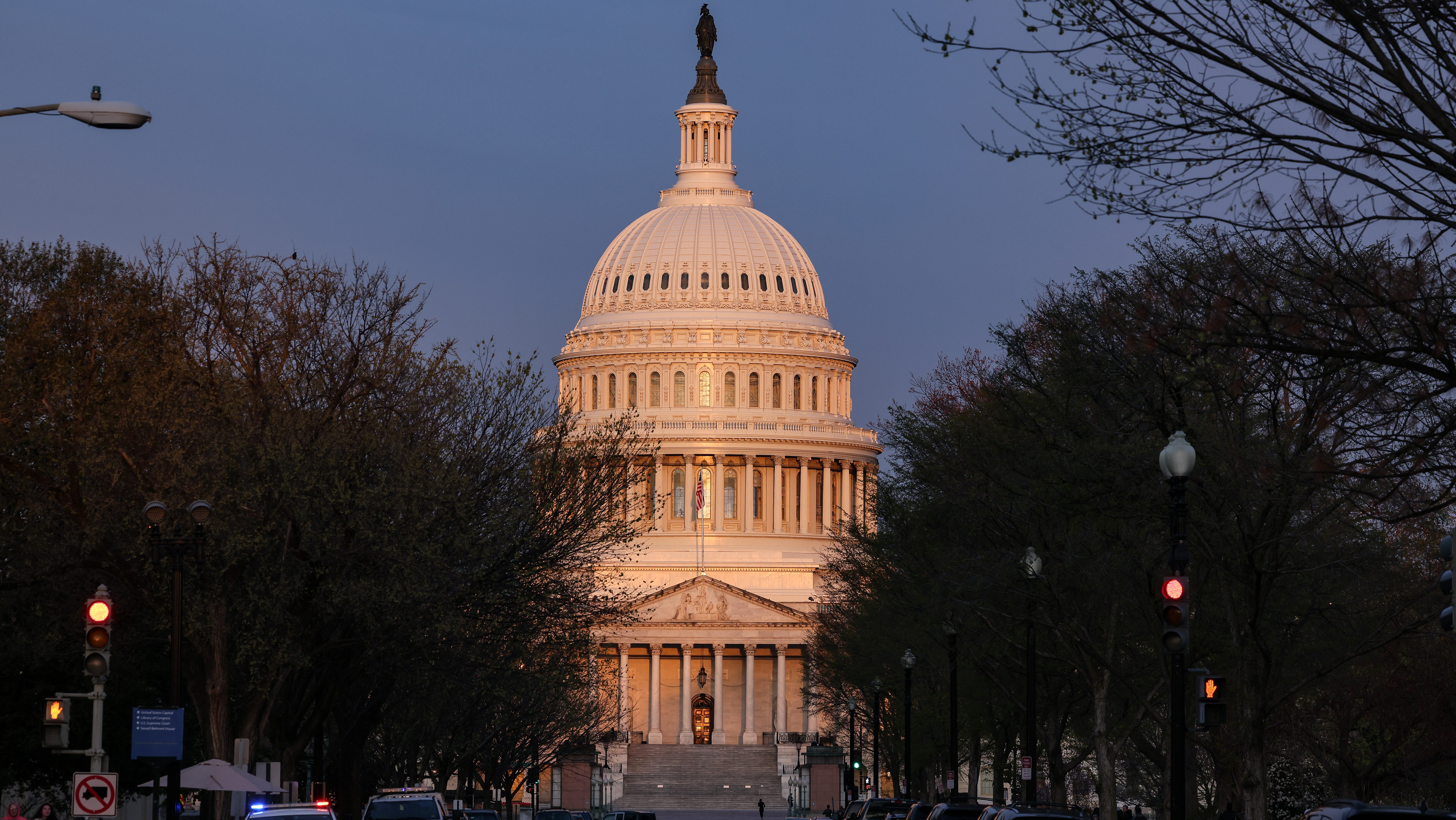"Money" -- to paraphrase a famous political dictum -- "is the mother's milk of pension reform."
I don't mean the money that sky-rocketing pension obligations cost the already anemic state and local budgets. I mean the money that will be spent to pass and defeat pension reform if it finds itself on the ballot. And there's a good chance it will.
Frustration is running high over the inability of state and local leaders to contain and restructure ballooning pension costs. Pension reform has become a central focus of political debate; it's a hot potato for both Sacramento and California local governments --and it is of critical importance to the state's powerful public employee unions. They'll use all the resources at their command to block any reform proposal they don't like.
It's long been the reality that public employees' unions exercise major political clout, particularly among Democratic pols. That power stems from an inordinate ability to organize and mobilize union members and contribute large sums of money to candidates and ballot propositions they support and to turn around and do the same against candidates and ballot propositions they oppose.
The Legislature is on its way out the door to begin campaigning for the November election and there's some buzz that the last week of session could bring some tweaking of the pension system, if only because the fate of Proposition 30 -- Gov. Brown's tax package -- may depend on the ability of the governor and legislators to prove to voters they can get something done to deal with pension problems before Election Day.
There've been rumblings, too, that pension reforms could find their way onto the state ballot, either by legislative action or by initiative.
There is speculation that, even if it makes it out of the legislature and past the governor's desk, any new pension reform law could be subject to a voter referendum.
U.S. & World
News from around the country and around the globe
In Los Angeles, a coalition of business leaders and former LA Mayor Richard Riordan have raised the possibility of going to the ballot to ask voters to approve pension reform, if labor and the city government can't agree on a solution to curb spiraling pension costs.
A city budget analysis predicted a 56 percent increase in retirement costs for public safety employees over the next four years, despite the passage last year of a ballot measure to trim pension benefits for new police and fire hires.
Among other reforms, Riordan and company want to take control of civilian city pensions away from the mayor and City Council and give it to the voters. Voters already set retiree pensions for police and firefighters.
Put that proposal on the ballot and watch the age-old political battle between business money and labor money continue to play out.
There will be a key test of the clout of public employee unions on the November ballot.
Proposition 32 would ban corporate and union contributions to state and local candidates and ban automatic payroll deductions by corporations, unions and government for political use.
Arrayed against the measure is a coalition of labor unions -- whose lifeline for campaign contributions is employee deductions, while businesses can now rely on money from corporate executives and from corporate contributions. Watch those results for a clue to the shape of -- and the strategies to shape -- pension reform.
It's clear that public employee pensions have emerged as a center-stage issue in California. What we can't yet know is how the political equation will turn out: who will win, who will lose, and who will go broke.
Sherry Bebitch Jeffe is a Senior Fellow at the USC Price School of Public Policy and the political analyst for NBC4.
Send us your thoughts via Twitter @PropZero or add your comment to our Facebook page.



